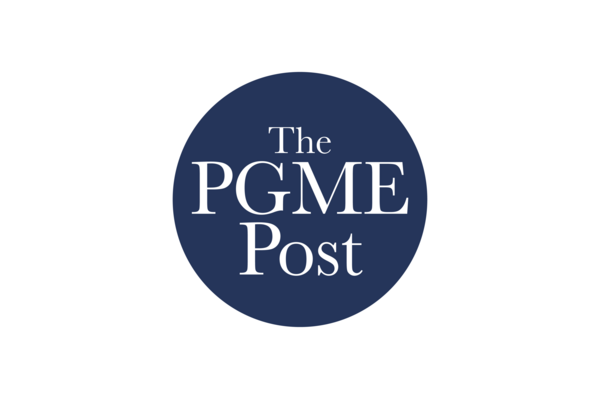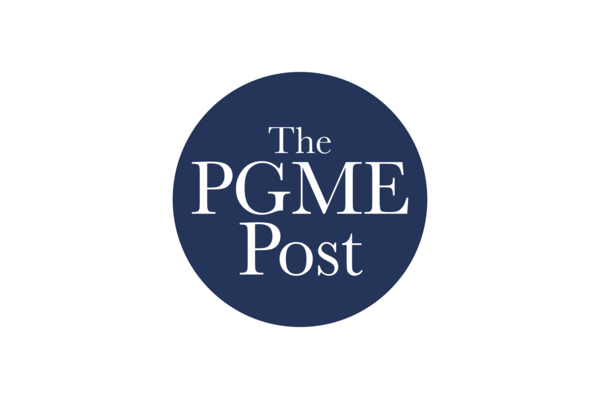Breadcrumbs
PGME supports new Program Directors with new mentorship program
The PGME New Program Director Mentorship Program launched in spring 2023 in response to Royal College of Physicians and Surgeons of Canada (RCPSC) accreditation requirements that require new directors of Royal College programs to participate in formal mentorship or coaching opportunities. The program is led by Dr. Jennifer Croke, Faculty Lead, Mentorship and has recently seen its first cohort through a full year of mentorship.
“I’ve been fortunate in my own training to benefit from both formal and informal mentoring relationships,” said Croke. “So while this program was developed in response to accreditation standards, we have designed the program thoughtfully to provide new Program Directors (PDs) with a positive experience that will enhance their time in the PD role.”
All incoming PDs are matched with mentors who themselves were former directors. Croke and her team take special care to form the pairings and take into consideration the size of the program, diversity of experience and type of discipline. To foster cross-discipline networking and ensure objectivity mentors and mentee pairings are from different specialities. The goal is to provide each new PD with a mentor who has shared experience and can provide guidance on common challenges or concerns as the mentees settle into their new leadership role.
Once the pairings are established, mentors and mentees are encouraged to meet at least twice formally throughout the year-long program. An orientation session, held regularly throughout the year to accommodate different start times, introduces mentees/mentors to the program, shares the rationale behind the RC requirement and allows mentors to share their previous experiences and challenges of learning a new role before the mentorship program was introduced. To help facilitate building the relationship and to offer networking opportunities between mentees, the mentorship program hosts events throughout the year. These events take place both in-person and online and feature guest speakers on topics that are relevant to PDs as well as time to network and socialize with their peers.
“We’ve covered topics such as leaners in difficulty, learner wellness as well as career advancement and professional development for PDs. Next, we’re offering a session that’s focused on PD wellness,” said Croke. “These sessions are developed specifically to add value to the mentorship program experience and help PDs be successful in their role.”
The pilot cohort was made up of 10 mentor-mentee pairings and as mentees are admitting on a rolling basis, an additional 26 pairings have joined the program. This expansion is due in part to widening the criteria to join the program.
“There has been a lot of interest in the mentorship program from directors outside of Royal College accredited programs and directors who have been in their role for several years. It’s clear that there is a demand for more formalized mentorship opportunities and we have been happy to include those who have reached out to us in the program” said Croke. “We have welcomed an additional 11PDs into the program that fall outside of the Royal College criteria.”
The success of the program is due in large part to the engaged and dedicated mentors that volunteer their time. Croke and her team recruit mentors by reaching out to former program directors, sharing information about the program and holding information sessions that outline the expectations and responsibilities of the role. Volunteer mentors are often inspired to participate by the impact mentorship had on their own career or because they recognize the ways they could have benefited from mentorship earlier in their career. In all cases, their willingness to give back to their colleagues is greatly appreciated and in turn serves to inspire mentees who complete the program to participate as a mentor in the future.
“We are so grateful to the mentors who participate in this program. Every mentor receives a letter of appreciation and formal recognition of their participation. These letters can be used towards future promotions and career growth,” said Croke. “It’s my hope that by formally recognizing mentorship contributions we will work towards building a culture of mentorship within the Faculty and University and see the role of mentorship become recognized as part of scholarly activity."
News


